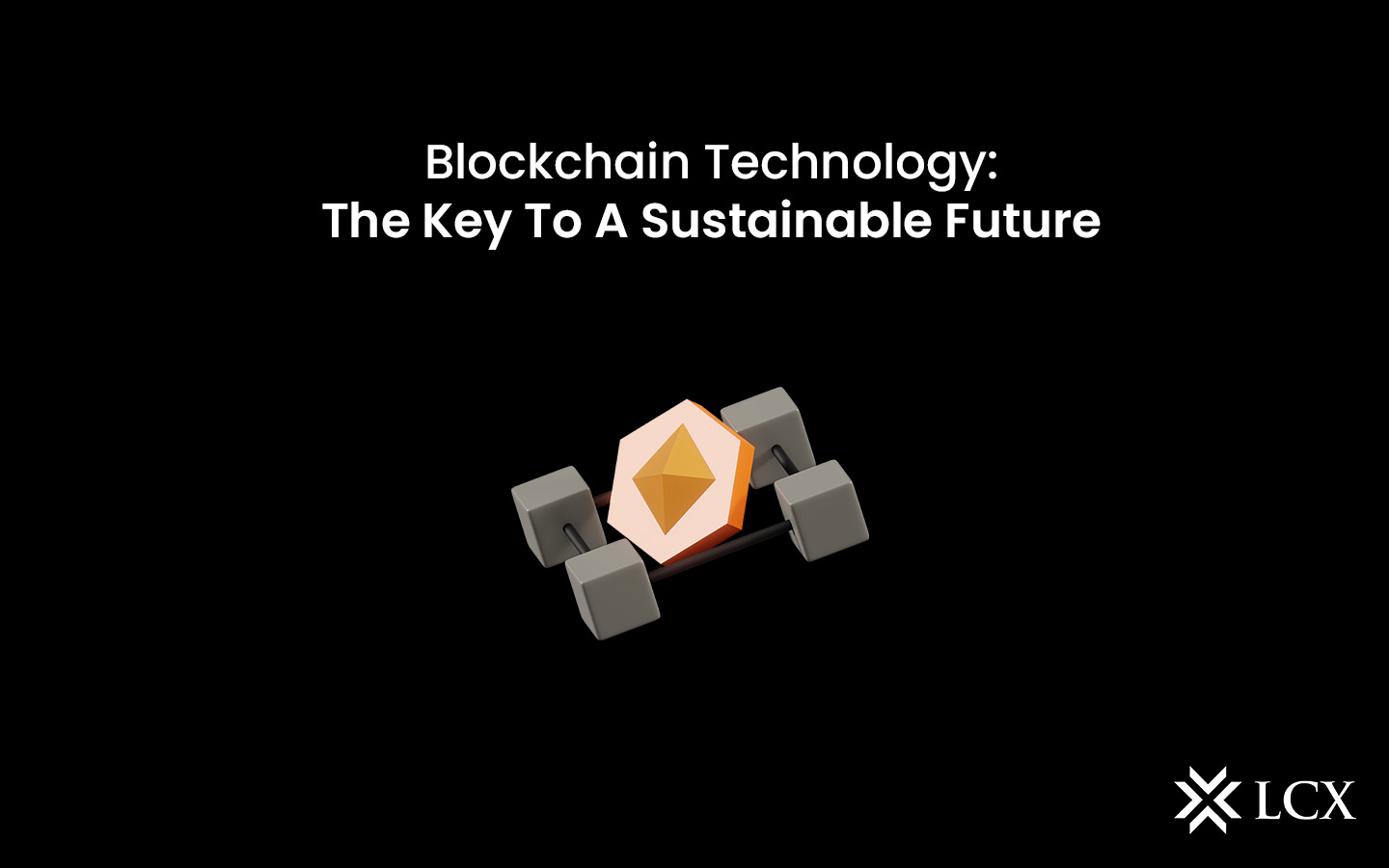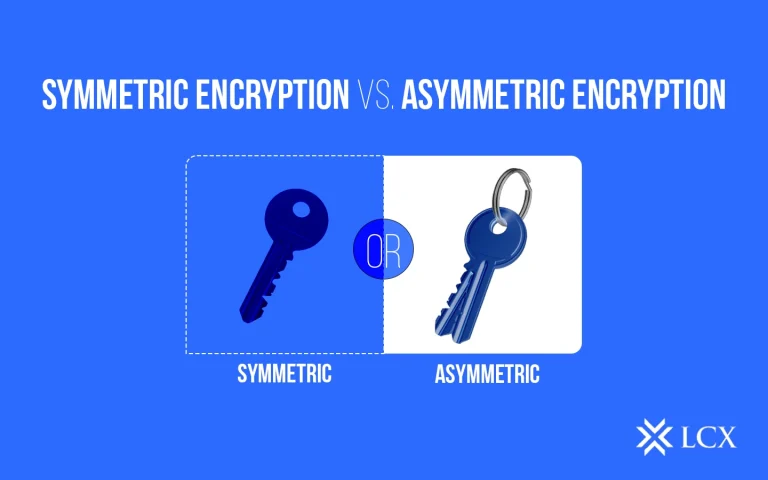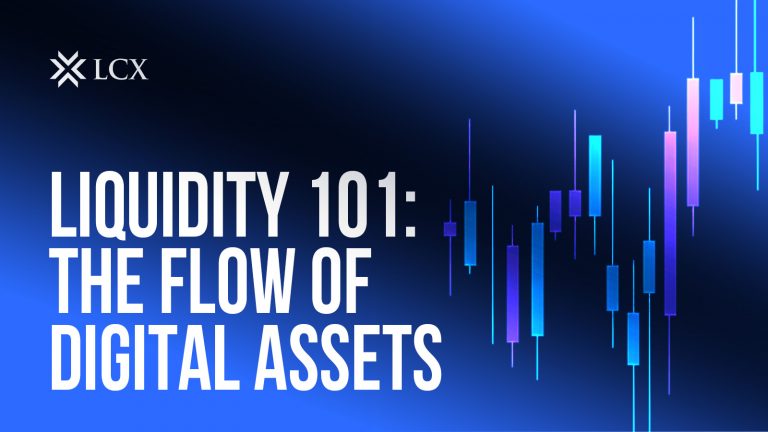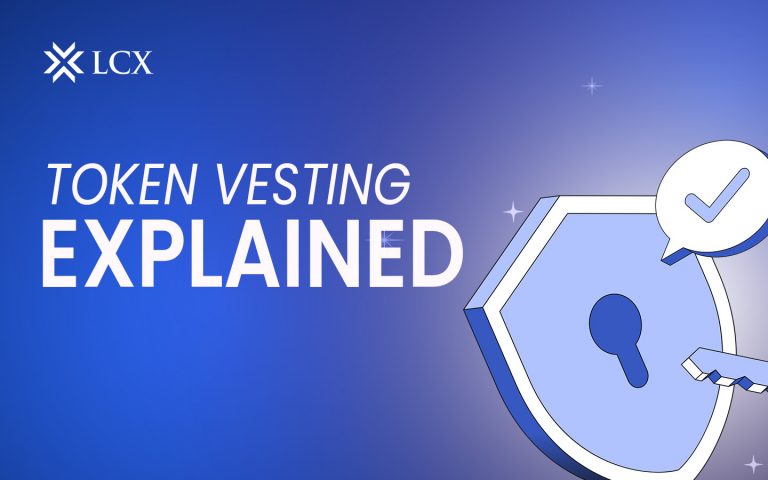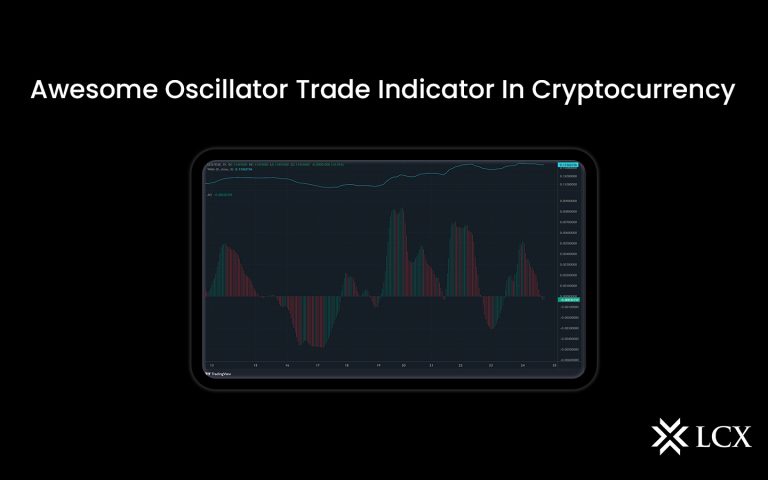Even though blockchain technology is still in its nascent stages, it has the potential to transform our world beyond the realm of finance. Blockchain technology is also poised to disrupt how we think about and manage the world’s most pressing environmental issues.
To grasp how blockchain can revolutionize the environment, we must first identify the fundamental characteristics of blockchain technology. These include its distributed and immutable ledger and advanced cryptography. Blockchain technology works on the principle of decentralization, using a distributed ledger that records transactions on multiple computers in a network. The information stored on a blockchain is not held in a single location but is spread across a network of computers across the blockchain. Since there is no one localized storage point for the information, it is difficult to alter or tamper with any block of information without the consensus of the majority of the network. Some other characteristics of blockchain technology include transparency, immutability, and security.
Role of Blockchain Technology in promoting and incentivizing environmentally-conscious actions
Blockchain and other advanced technologies of the Fourth Industrial Revolution could help the environment if their combined power is harnessed towards saving the environment. Here are some examples of how:
- Supply Chain Management: Blockchain technology can be utilized to make supply chain management easy, transparent, and efficient, with reduced waste and fewer instances of fraud and scams. Recorded transactions on the blockchain along the supply chain are an immutable record of provenance. It has the potential to become a platform where all the links of the supply chain from the workers to logistics will be connected under one roof to enhance traceability, transparency, control, and compliance mechanism.
- Automatic disaster management and humanitarian relief: Blockchain might serve as the foundation for a new system that can enhance resource efficiency, efficacy, and coordination for the organizations involved in disaster management. Blockchain-enabled smart contracts can automatically communicate vital information in the case of a catastrophe to the concerned parties. This will significantly improve the efficiency and speed with which emerging resources are mobilized. Additionally, the technology can automatically reroute supply lines, and allow relief organizations to better coordinate their activities in reaction to calamities.
- Carbon Tax Collection: The major cause behind climate change is carbon footprint. As it’s hard to keep track of a product and its subsequent carbon footprint across the logistics chain, manufacturers have evaded the carbon tax since time immemorial. By utilizing blockchain to track each product’s carbon footprint across the logistics, it will be easier to calculate the appropriate carbon tax to impose at the time of sale. Since blockchain data is immutable, enterprises won’t be able to evade their responsibilities toward the environment anymore.
- Incentive-Based Recycling: The current recycling programs often lack incentives that can push people to recycle more and save the environment by reducing plastic pollution. Offering a financial incentive in the form of a cryptographic token in exchange for the deposit of recyclables like plastic containers could promote huge participation. Blockchain would even make it simple, efficient, and transparent to track data like numbers, volume, cost, and profit of recycling programs across the world. Similar arrangements are already in place in a number of locations throughout the world, particularly in Northern Europe.
Conclusion
Blockchain technology has the potential to flip the climate conservation game altogether. From providing a decentralized and secure platform for tracking and verifying transactions to ensuring the accuracy and transparency of environmental data, blockchain can do it all. This technology is by far the most effective solution for the transparent management of resources as well as the development of new, sustainable business models. In short, by leveraging the power of blockchain, we can take important steps toward a more sustainable future.
